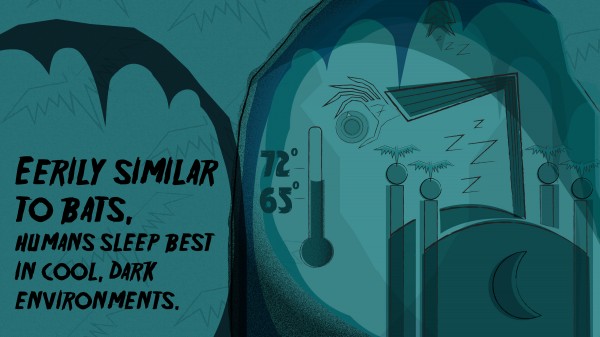Even more terrifying than attending a conference in another time zone is presenting at one. The threat of a jet lag nightmare is very real, complete with red eyes and a drooling chair nap. Here are some ways to battle this menace before you ruin a perfectly good presentation with sleepiness.
Exercise To-Go
Before you board the plane, consider fitting in some exercise to help relax your body through the power of endorphins, which continue to be released hours after a workout. What can endorphins do? “When endorphins lock into special receptor cells (called opioid receptors, because opiates also fit them), they block the transmission of pain signals and also produce a euphoric feeling — exactly like opiates.” Tom Scheve, How Stuff Works Depending on your flight’s arrival time, a little bit of exercise may help you sleep on the plane or the hotel when you land. Endorphins are a powerful natural force for good in anyone’s body.
The Temperature Secret
If you have difficulty falling asleep in hotels during travel, experts recommend that you set the thermostat somewhere between 65-72 degrees. Sleep is disrupted if the room is any colder or warmer. Eerily similar to bats, humans sleep best in cool, dark environments.
Medicine is a “Maybe”
Sleeping pills, antihistamines, and motion sickness pills will probably put you to sleep, and are commonly used by travelers. However, they are not a miracle cure and often cause grogginess later, which might incur worse symptoms than the jet lag you would have had in the first place. Also, be wary of trying a new medicine before a flight if you have no experience of it. Unless you’ve talked to a doctor first who knows you like the back of her hand, medications are only “kind of” a solution.
Caffeine and Alcohol Are No-No’s
Dehydration, an energy crash, and unhappiness are all side-effects of alcohol and caffeine during travel. They can worsen symptoms in the long run and should be avoided before and during a flight. You may consider adjusting your sleep schedule to match the timezone using caffeine when you arrive, but never beforehand. As for alcohol, the temporary relaxation will just leave you dehydrated and more exhausted later. According to WebMD, “dehydration makes it more difficult for the body to adjust to the new rhythm.”
Consider An App
If you’re the sort of person who requires specific instructions rather than vague suggestions, there are several smartphone apps that will automatically produce a schedule for eating, sleeping, and even taking a melatonin supplement. We recommend JetLag, Jet Lag Genie, or Jet Lag Remedies. All of these apps let you create customized plans that can help optimize your rest.
Random Tips
Before you leave, consider altering your sleep and meal times to be a little closer to where you are headed. Also avoid naps at your destination, and stick as best as possible to a full-day schedule. If you didn’t sleep at all on the plane, limit your nap to two hours and no longer. And the final random tip? Noise-cancelling headphones. They might make all of the difference in the world.
Considering it takes us a day of travel to get places that it used to take months to reach, our bodies are understandably confused from the journey. Make sure that you are taking good care of yours by staying healthful.
Question: When was the last time you experienced jet lag?

